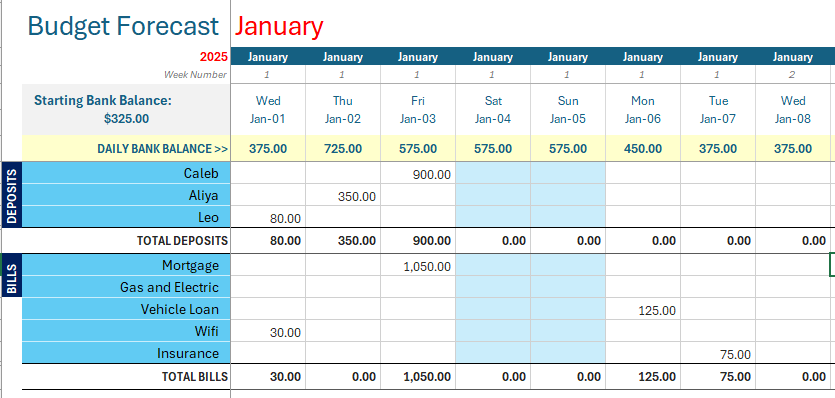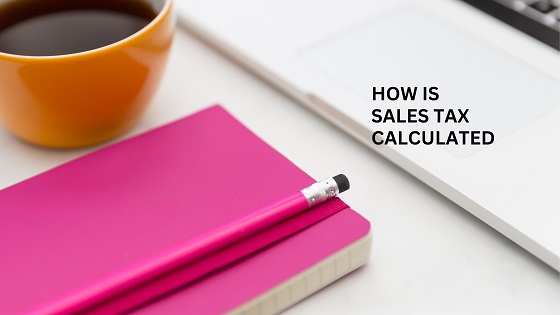- Home
- Bookkeeping Questions
- Accrued Expenses
Accrued Expense
Accrued Expense Definition
An accrued expense is one that is reported on at the date of purchase not the date of payment, unless those two dates are the same.
A vendor might give you a bill for something you bought on account, which account you will only pay a few weeks later.
This is an unpaid bill.
All unpaid bills accrue in the bookkeeping system until they are paid.
They accrue in the accounts payable account which is reported (displayed) on the balance sheet.
The opposite of an accrued expense is a cash expense (whether paid for with actual cash, or with bank card).
Cash expenses are recorded and reported on, in the bookkeeping records, at the date of payment.
Click above button to get our most popular Excel Template for easy bookkeeping! It's free.

Example of an Accrued Expense
Here is an example :
In October, you buy a box of paper from your local stationery vendor and you tell them to put it on your account with them.
They put it on your account and give you a bill dated October.
Payment is not expected until November.
You take that bill and enter it into your bookkeeping system using the date that is on the bill - October.
This bill is now in your bookkeeping system and is coded to the stationery expense account but has not been paid yet.
How do you track this accrued expense until it gets paid?
Enter it to the Accounts Payable account on the balance sheet.
When the payment is made in November, it will be removed from Accounts Payable account.

What Does 'Accrue' Mean?
According to a free online dictionary accrue means to increase or accumulate.
In accounting terms it simply means the increase of an account.
The Stationery expense account in the bookkeeping system has been increased by the addition of the box of paper.
The Accounts Payable account has been increased by the amount still owing for the box of paper. The amount accrues in the Accounts Payable account on the Balance Sheet.
Accrued Expense on Profit and Loss Report
The important thing about accrued expenses is how they show up on your profit and loss report.
Further down this page is an example.
Accrued profit and loss statements always show the expenses in the month they were purchased (the date on the bill), not the month you actually pay for them.
So if you run an accrued profit and loss report for October your stationery item (the box of paper) will show up on that report.
If you run a profit and loss report for November, your box of paper will not be on the November report, even if it was paid in November. It will still be on the October report because that is the date it was purchased.
It is the same with income. If you issue your client an invoice this month and they only pay next month, it becomes accrued income. It will show up on this month’s report, not next month’s when it is paid.
Monitoring an Accrued Expense
Accrued income and expenses are only possible to monitor with a bookkeeping system that has accounts payable capabilities (one that lets you enter bills now and pay them off later).
If you do an internet search about accrued expenses you may find some explanations that say accrued expenses are shown on the balance sheet as a liability. This can be misleading if you don't understand double entry bookkeeping.
This does not mean that the expense itself must be entered to an account on the balance sheet.
Whether you pay a bill today as a cash expense or pay it next month as an accrued expense it still has to be entered to one of the expense accounts on your profit and loss (with the exception of asset purchases).
The amount awaiting payment is what goes on the balance sheet as a liability.
Double Entry Bookkeeping - journal for an Accrued Expense
The journal below shows how an accrued expense (using the stationery as an example) affects the accounts in double entry bookkeeping, and this explains what is meant by entering the expense to the balance sheet:-
Accrued Expense Journal Entry
Enter Expenses
- Debit (or Increase) the Stationery expense account (which shows up on the profit and loss report)
- Credit (or Increase) the Accounts Payable account (which shows up on the balance sheet as a liability - so this is the balance sheet portion)
Pay Expenses
- Debit (or Decrease) the Accounts Payable account (balance sheet liability)
- Credit (or Decrease) the Bank account (balance sheet asset)
 Accrued Expense Journal Entry Example
Accrued Expense Journal Entry Example
Capitalizing Accrued Expenses
An accrued expense will be capitalized if it is a fixed asset purchase.
How do you know when an accrued expense should be recorded as an asset purchase?
Asset purchases are the purchase of equipment (a computer for example) that have a life span of more than 12 months and will be used in the business for several years, and they are not items that are charged out to a customer.
Read more about these here.
Instead of adding this purchase on credit to the profit and loss as an expense (like the stationery example up above), it will be added to the balance sheet as a fixed asset purchase.
Either way, it is still an accrued expense if the bill is entered now and paid later. See the journal below.
Capital expense journal entry
Enter Capital Expenses
- Debit (or Increase) the Fixed Asset Computer Equipment account (which shows up on the balance sheet)
- Credit (or Increase) the Accounts Payable account (which shows up on the balance sheet as a liability)
Pay Capital Expenses
- Debit (or Decrease) the Accounts Payable account (balance sheet liability)
- Credit (or Decrease) the Bank account (balance sheet asset)
 Accrued Capital Expense Journal Entry Example
Accrued Capital Expense Journal Entry ExampleCash Expense (the opposite of accrued expense)
If the supplier issued you the bill and you paid it on the same day, it is not an accrued expense, it is a cash expense.
If the supplier issued you the bill in October and you paid it November it is possible to record this as a cash expense in your bookkeeping system by only recording the payment in November and leaving out the entering of the unpaid bill into your bookkeeping system in October.
This is a good way to keep a record of expenses if your bookkeeping system is restricted to a cash only method - for example if you are using a cash book in which it is:
- only possible to enter payments and
- impossible to keep an Accounts Payable account.
Cash Expense Journal Entry Example
 Cash Expense Journal Entry Example
Cash Expense Journal Entry ExampleAccrual vs cash reporting
Accrual reports display expenses at the date of purchase whether paid immediately or not paid at all.
Cash reports show expenses at the date of payment and only the paid ones.
Let's see what this looks like.
Below is a list of expenses by a small business for the month of April.
The Date of Purchase column shows the date each expense was purchased. In some cases a bill has been issued which is entered into the bookkeeping system at the date on the invoice. These are marked as an Accrued type of expense.
The Date of Payment column shows the date the expense was paid for. Some of the expenses were paid with cash at the time of purchase, so the payment date is the same as the purchase date. These are marked as a Cash type of expense.

Here are two reports using the expenses above.
The first one is an accrued profit and loss report and the second one is a cash profit and loss report.

The accrual P&L above shows both accrued and cash expenses because it reports on all expenses for the month paid or unpaid.

The cash P&L leaves out the Accrued expenses because they have not been paid and the cash report only shows paid expenses.
What reporting should a small business owner use for tax purposes
Tax payable is calculated on the net profit result of the trading results of a small business.
Business owners have to decide which reporting method (cash or accrual) to use for tax purposes and then stick with that.
Chrom.com gives an explanation on the advantages and disadvantages of both types of reporting. If you are still not sure which method to use, ask your local professional bookkeeper or tax accountant.
In many countries the tax department has restrictions on using the cash method.
If you use the accrual method, you will pay tax on your sales income for which you have not yet received payment, but that should be balanced out with the Expenses that you have not paid yet.






Facebook Comments
Leave me a comment in the box below.